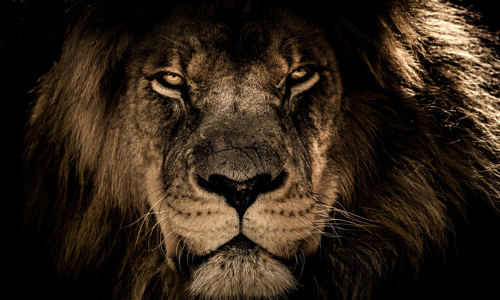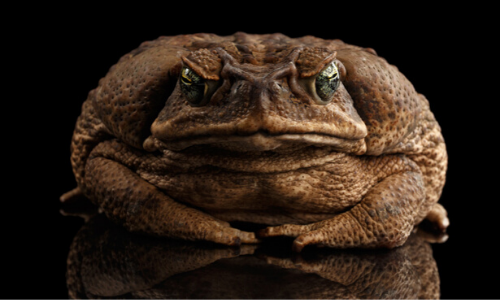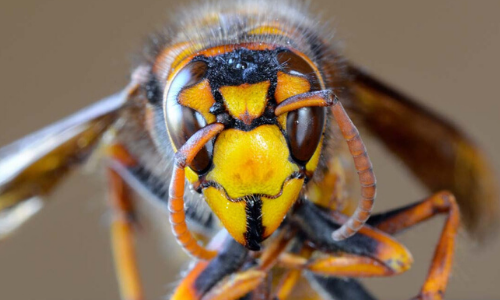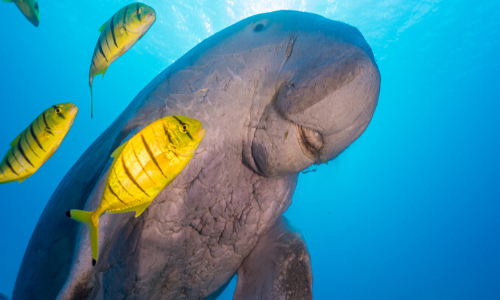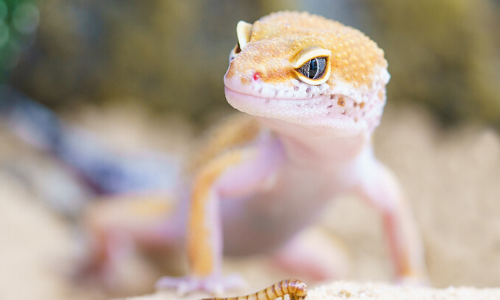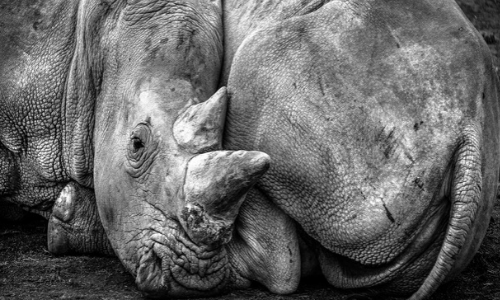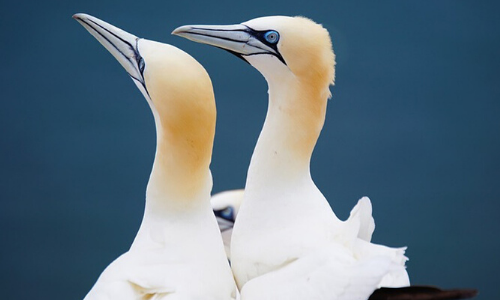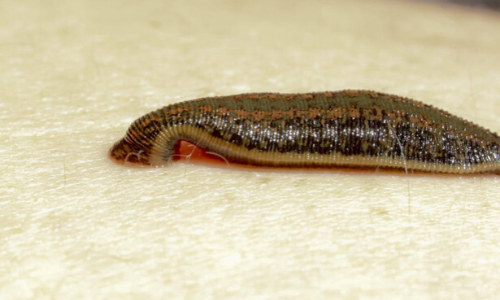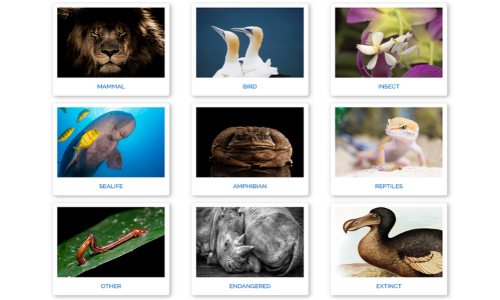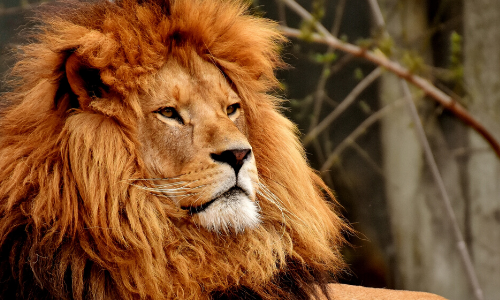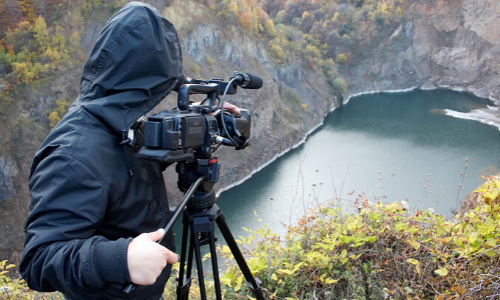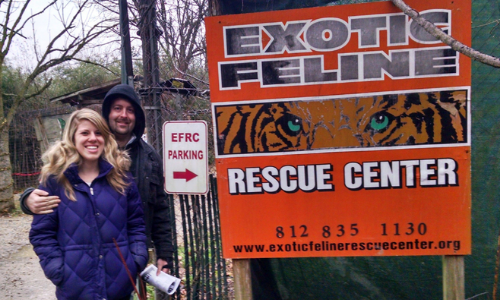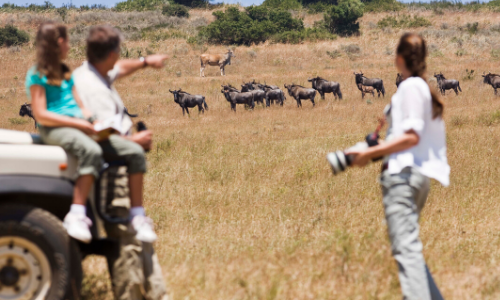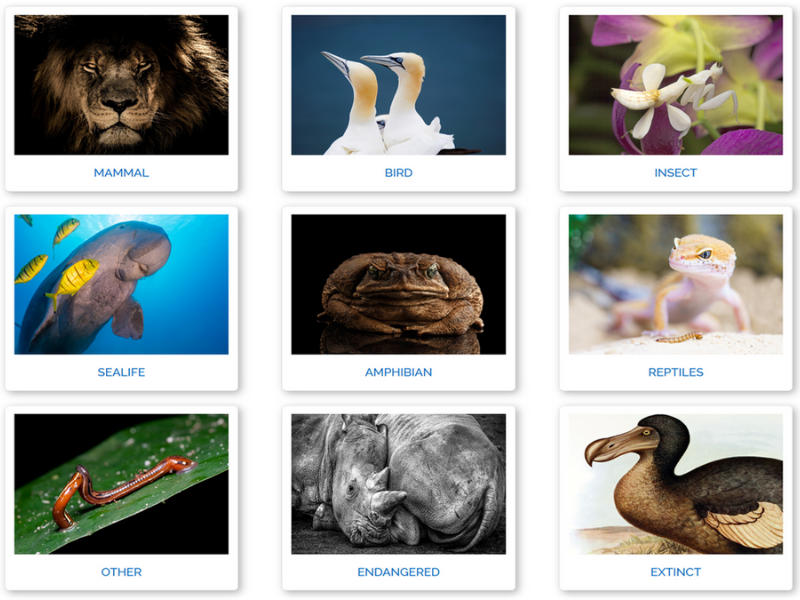February is a month of romance – from the classic candy hearts to a dozen red roses many of us choose to express our love a little extra during this month thanks to the timeless holiday that is Valentine’s Day. But what is so romantic about a homeowner’s crawlspace and a mother black bear? Appalachian Bear Rescue (ABR) is here to tell you.
As a black bear rescue facility, Appalachian Bear Rescue is busy almost year-round, receiving the youngest cubs of the year as early as February, and sometimes having to care for bears throughout the winter if they are still healing or recovering from previous illness and injury. February 2, 2021 was the first time in two consecutive years that Appalachian Bear Rescue did not have a bear resident in their care. However, this break did not last long…
Twelve days later, on February 14, 2021, Valentine’s Day, three tiny neonate black bear cubs were brought into the care of ABR. A homeowner in the state of Tennessee had detected a gas leak underneath their home. In light of the problem, a repair crew was called out to come repair the gas line. Once they made their way under the home, they were shocked to find a very LARGE sleeping black bear.
This sometimes happens, as black bears find their winter denning locations in a variety of places including underneath rocks, fallen trees, a bed of leaves, etc. Not only certain that this large bear was a male because of its size, but also because of the lack of noise coming from underneath the house (young bear cubs are VERY loud), officials from Tennessee’s Wildlife Resources Agency (TWRA) encouraged the bear to move along. Crawl spaces do not make great dens for wild animals, especially if there is a potentially dangerous gas leak.
However, upon the bear’s departure, it was discovered that the large male bear was in fact a large female bear – and a mother. Left behind under the home were three tiny bear cubs, eyes still unopened. Now not all bear mothers are made the same, and it was impossible to determine when she would return for her cubs, or if she would return at all.
At birth, bear cubs are extremely small and nearly hairless with just about 0.1 inch of thin fur covering their entire bodies. They are completely dependent on their mother for warmth, food, and survival – they can’t even discharge waste by themselves at such a young age! Because of this, the difficult decision was made to take the three female cubs into ABR’s care until further notice.

Photo Credit: Appalachian Bear Rescue
Appalachian Bear Rescue has received such young cubs before and is equipped with a complete Cub Nursery on-site to care for such small bears around the clock. Estimated to be around 3-4 weeks old, the tiny females required feedings every 3 hours. Employees at Appalachian Bear Rescue were awake around the clock, tending to the cubs every need.
ABR feeds their rescued bear cubs a milk replacement formula containing an extremely high fat content. In the wild, a sow’s milk is anywhere between 30%-48% fat, so feeding a comparable formula is extremely important for the growth and health of the cubs.

Photo Credit: Appalachian Bear Rescue
While the reunification of these three small bear cubs with their mother was looking grim, three days later ABR received word that the large mother bear was back, and underneath the house again. While the care that ABR gives to the bears housed at their facility is boundless, no one can match the care of a real mama bear.
In her absence, the gas line issues underneath the home were resolved, and the gracious homeowners agreed to let this mother and her babies stay until they are ready to emerge properly from their “den” in the springtime. The decision was made to try and reunite the mother and her cubs.
On February 17, 2021 the three small, squalling cubs were placed back underneath of the home, where they were greeted by a very eager mother bear. Before leaving the area, employees of Appalachian Bear Rescue could hear the small cubs nursing – this time from their mom.
While scientists don’t like to anthropomorphize wild animals (place human emotion or characteristics onto an animal), it is pretty difficult not to romanticize this mother bear’s extreme instinct and urge to come back for her three tiny babies – especially around Valentine’s Day.

Photo Credit: Appalachian Bear Rescue
Many thanks to all who made this reunification possible: Appalachian Bear Rescue Staff, Tennessee Wildlife Resources Agency (TWRA) personnel, UTCVM Veterinarians, the gracious homeowners, and of course, the loyal mother bear.
You can view the entire reunification video HERE.

